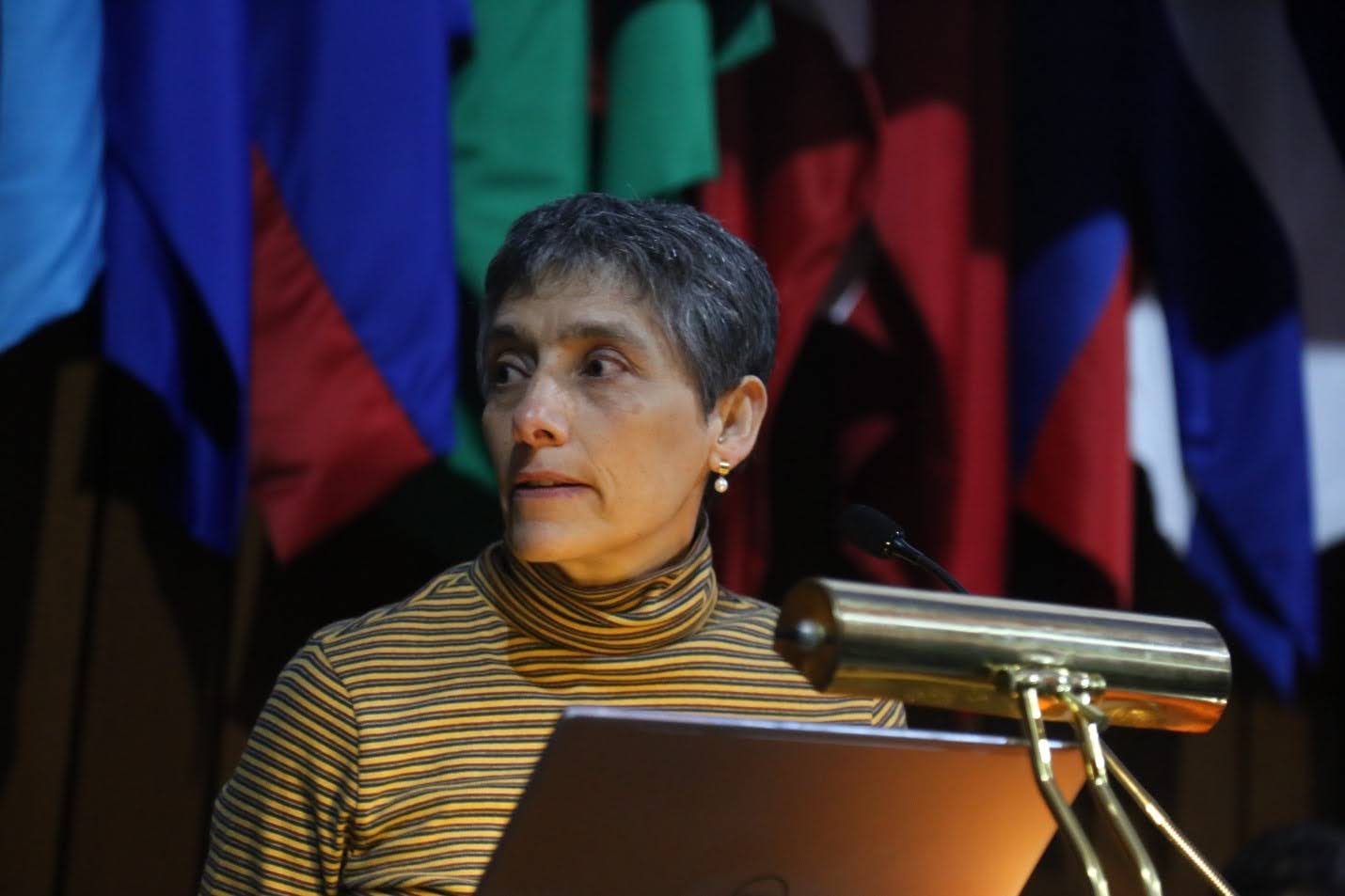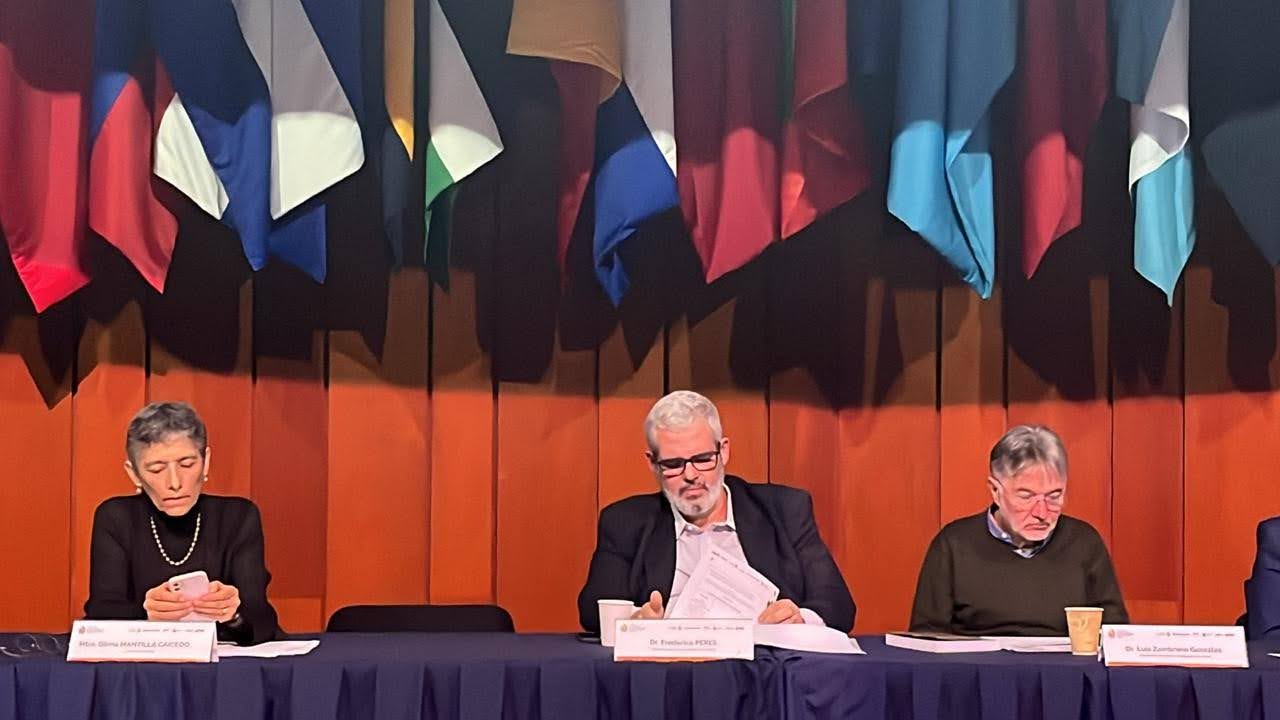Road to Belém: science and health at the center of climate action
Strategies for applying climate justice principles in public policy, innovations to address global challenges, and access to finance and equity in resources were some of the topics of discussion at the Second International Congress on Climate Change and Health Research, held October 21-23, 2024 in Mexico City.
This event brought together more than 700 participants from different sectors, including government representatives, academics, researchers, health and environmental leaders, students, and social organizations, both in person and virtually.
Among the impacts of climate change that participants considered most relevant were direct impacts, such as heat waves, droughts and storms, and indirect impacts, such as respiratory diseases, malnutrition and food insecurity. Mitigation and adaptation strategies in the health sector were explored, with emphasis on the co-benefits they can bring to public health. In addition, transdisciplinary approaches that integrate science, public policy and communities to move towards more comprehensive solutions were discussed.
Participants also held discussions on access to funding for climate research projects and the importance of ensuring that these resources drive evidence-based actions. Finally, the congress provided a space to reflect on climate justice, addressing equity in the distribution of climate change impacts and proposed solutions.
The results and conclusions of this forum highlight the urgency of facing climate challenges and lay the groundwork for generating concrete contributions for the Conference of the Parties (COP30), to be held in Belém do Pará, Brazil, in November 2025.
 |
 |
Among the contributions to the congress is the presentation by Gilma Mantilla, who represented the Inter-American Institute for Global Change Research (IAI) as a member of the Science and Policy Committee, who shared the institute's experience in implementing a transdisciplinary approach to address the intersections between climate change, environment and health. Stella Hartinger Peña, co-director of the Latin American Center of Excellence on Climate Change and Health, presented the findings of The Lancet Countdown Latin America Report 2023. Daniel Buss, head of the PAHO/WHO Climate Change and Environmental Determinants of Health Unit, shared an analysis of the impacts of climate change on health in Latin America and the Caribbean. Elaine Flores Ramos highlighted how climate change disproportionately affects women and Horacio Riojas Rodriguez discussed the critical linkages between climate change, food security and occupational health.
This year, the IAI published the compendium Health, Climate and Environment in Latin America and the Caribbean, which compiles part of the research it funded through its seed funding program. The aim of the institute is to contribute to both science production and science-policy linkages in the region. To this end, the IAI Executive Directorate expects to articulate activities with its partners on the road to Belém and during COP30.
